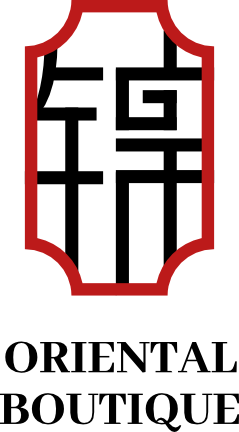Nanjing Yunjin (云锦)

“Cloud brocade” excellence: two-person loom work and luxurious wefts
Yunjin (云锦), or Nanjing cloud brocade, is China’s imperial-grade brocade famed for sumptuous motifs and precious materials (silk, gold/silver thread, even peacock feather yarn). Traditional weaving uses a two-operator, multi-meter-high loom: an upper weaver sorts pattern warps; a lower weaver throws shuttles to build the image—often producing only centimeters per day, but with unparalleled detail.

Materials
- Warp: high-tenacity silk filament for structural base and sheen.
- Wefts: colored silks + gold/silver-wrapped threads; occasionally peacock feather yarn for special effects.
- Loom: flower-lou/drawloom-type frame with pattern harnesses; pattern cards/cords or jacquard head in modern setups.
Heritage status: The craftsmanship of Nanjing Yunjin is inscribed on UNESCO’s Representative List of the Intangible Cultural Heritage of Humanity (2009).
Step-by-Step Weaving Workflow
- Motif & draft: Convert the design into lift plans and color sequences; map pattern groups to harnesses.
- Silk prep & dyeing: Degum, reel; dye color sets for wefts; wind onto pirns dedicated to each shuttle.
- Warping & beaming: Calculate ends; beam with precise tension; prepare lease/temples.
- Threading & sleying: Thread heddles/reed per draft; test sheds with trial picks.
- Dual-operator weaving: Upper weaver lifts pattern groups; lower weaver inserts multiple shuttles following the color order (background → midtones → highlights).
- Metallic effects: Introduce metal-wrapped wefts as supplementary passes; control beat to prevent crushing luster.
- Float & reverse management: Interlock/tuck long floats; maintain motif clarity and drape.
- Inspection & mending: Correct mis-picks, repair breaks; edge-guard to keep selvages clean.
- Finishing: Light fulling/press; steam set; trim; grade by motif precision, relief, and luster.
Process Notes & Best Practices
- Tension & humidity: Uniform warp tension and stable RH reduce skew and moiré.
- Shuttle management: Pre-stage wefts by sequence to cut downtime; use color trees/checklists.
- Highlight control: Weave metallics last in a block to preserve surface brilliance.
Applications
Historically for imperial robes and regalia; today adapted to couture garments, accessories, ceremonial textiles, and museum reproductions—retaining the unmistakable “cloud-like” depth of Yunjin.
